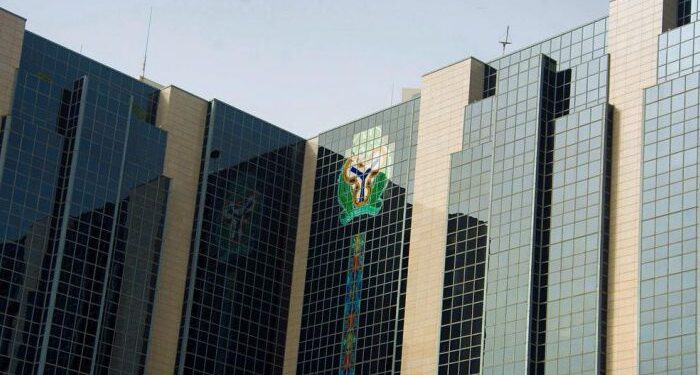BUSINESS

CBN REPORTS BANKS HAVE DISBURSED N470BN IN PERSONAL LOANS
The Central Bank of Nigeria has announced that Nigerians obtained personal loans totaling N470bn from banks during the last quarter of 2024.
This disclosure was made in the CBN's Fourth Quarter 2024 Economic Report, released on Sunday.
The report showed that outstanding consumer credit rose by 11.06 percent, reaching N4.72tn by the end of December 2024, up from N4.25tn in September 2024.
This notable increase highlights the growing dependence on personal loans in response to the current economic climate.
The report states that personal loans rose by 21.27 percent to N3.82tn, up from N3.15tn at the end of the previous quarter.
This sharp increase in personal loans made up the majority of the growth in consumer credit during the period.
However, despite the significant rise in personal loans, retail loans decreased by 18.18 percent, falling to N0.90tn from N1.10tn at the end of September 2024.
This decline indicates a shift in borrowing habits, with more individuals choosing personal loans over retail credit.
The CBN report also highlighted that personal loans now make up the largest portion of the consumer credit portfolio, accounting for 80.98 percent, while retail loans represent the remaining share.
This suggests that personal loans continue to be the preferred choice for consumer credit among Nigerians, as more people turn to bank loans to meet their financial needs.
The report noted, “Consumer credit outstanding rose by 11.06 percent to N4.72 trillion at the end of December 2024, up from N4.25 trillion at the end of September 2024. Personal loans increased by 21.27 percent to N3.82 trillion compared to the September 2024 figure.”
"Retail loans, however, dropped by 18.18 percent, falling to N0.90 trillion from N1.10 trillion at the end of September 2024. A breakdown revealed that personal loans, which held a share of 80.98 percent, remained the dominant category, while retail loans made up the remainder."
The increase in personal loans is likely attributed to factors such as rising living costs, economic uncertainties, and improved access to credit through commercial banks.
The continued demand for personal loans may also reflect consumers' attempts to meet financial obligations in the face of inflation and rising living expenses.
However, this surge in personal loans occurred amidst escalating inflation in Nigeria, with the headline inflation rate reaching 34.80 percent in December 2024, up from 34.60 percent in November.
The rise was largely driven by increased demand during the holiday season, particularly for food and non-alcoholic beverages.
To combat persistent inflation, the CBN’s Monetary Policy Committee enacted several rate hikes throughout 2024, raising the Monetary Policy Rate by 875 basis points to 27.50 percent.
As a result, commercial banks adjusted their lending rates in line with the higher MPR, making personal loans more expensive for borrowers.
While personal loans may provide temporary financial relief, the higher interest rates could increase repayment burdens on borrowers.
Concerns are rising that as personal loans become costlier, loan defaults may increase, particularly among low-income individuals and those with unstable income sources.
However, the CBN report noted an improvement in banks' asset quality, with the non-performing loans ratio falling to 4.50 percent in December 2024 from 4.58 percent in September, remaining below the 5.00 percent prudential benchmark, indicating improved loan recoveries.
"This represents a significant development in our ongoing coverage of current events."— Editorial Board









